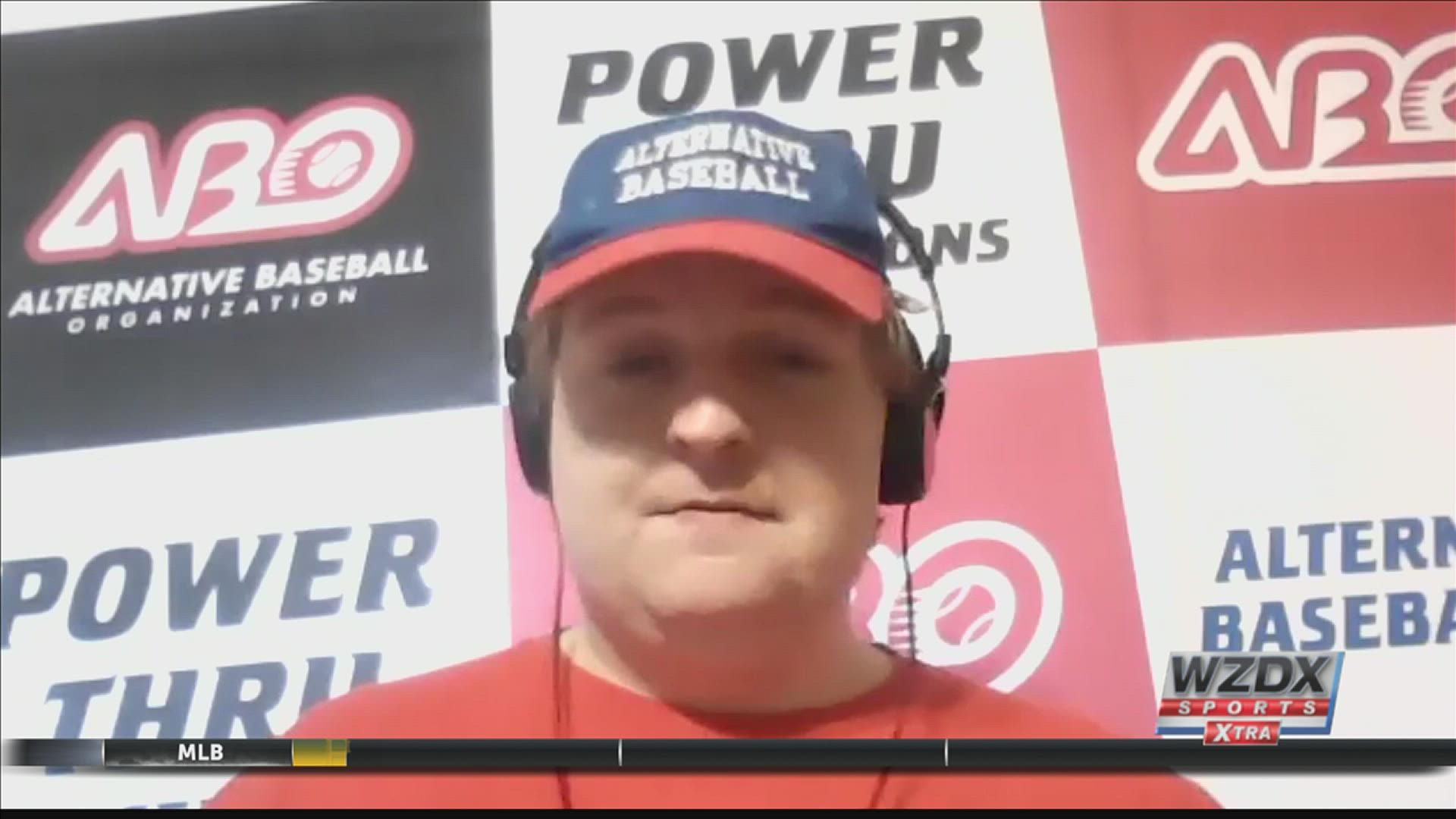HUNTSVILLE, Ala. — Alternative Baseball is a league designed to provide opportunities to those with physical and mental limitations. Taylor Duncan was diagnosed with autism at young age. Growing up, Duncan’s physical restrictions inhibited him from participating in conventional sports.
Now 25-years-old, Duncan oversees Alternative Baseball which has teams all across the country. Duncan is on a mission to continue its expansion including North Alabama.
TAYLOR: So many want not only the traditional opportunities in athletics but they want the traditional opportunities period. They want to be able to have the encouragement to go out and find the employment. To go out and seek the relationships they desire without fear of being stigmatized or the fear of disability bias.
JONAH: When this started out, when this was just your brainchild, what did you hope this would become?
TAYLOR: I had no idea what it would become, to be quite honest with you. I mean, I had a vision of course, and I wanted to eventually serve as many as I possibly could. I had no exact idea how that would exactly play out. Life is truly interesting. God upstairs, he's got some interesting plans, I'll tell you what.
JONAH: So, you're going about this for a few years, all of a sudden ESPN reaches out, the Today Show reaches out and this thing blows up.
TAYLOR: Pretty much, yeah.
JONAH: What was the surreal moment when you're like, ‘man this is becoming bigger than I thought it would be?’
TAYLOR: Yeah, I mean, I'm speechless. Hahahaha. But that's what we're here for. To bring those people back out in society. Get volunteers on board. Not only raise awareness for autism and other disabilities but to raise the importance of acceptance as well. To be able to ensure that everybody will have a future.
JONAH: what was your experience growing up with autism and wanting to play sports and not necessarily getting a chance to play the same sports with some of the people that you grew up with?
TAYLOR: I grew up with anxiety issues. Social issues with stigmatism. Thing of that nature. Anxiety issues. Sensory issues. Really until the first grade, I couldn't talk in full sentences like I do now. I will tell you, not only was I rejected from a lot of the rec programs growing up due to developmental delays and terrible negative perceptions of being an injury risk, but I was also disqualified from organizations like the Special Olympics too because I scored too high on the IQ test.
JONAH: How did you power through some of those physical challenges, those inabilities, like not being able to talk in full sentences, and then the accompanying mental side of it where you talk about the anxiety you dealt with, how did you push through? How did you power through?
TAYLOR: When there were those who told me, you're not capable of achieving X, Y, Z, because you're not capable of doing it just like this person and that person...I always said, give me the opportunity to at least try. And the thing about it too is Jonah, a lot of people, well, really every person we think differently, and we do things in different ways. We don't exactly have to do everything just like the next person as long as we go out, we do a good job with whatever we're assigned to do and go out there and do the best we can and give life the best effort possible.
JONAH: For a child struggling with their role in society, what's your message to them as someone who's not only powered through those limitations but also made a career out of it?
TAYLOR: You know, you can have 99 no's, or you can face so much negative stigma but there's always that one door somewhere out there that you just knock on and they're going to tell you yes and we're going to do everything we can to get you going in whatever direction you want to go in basically. And for those 15 and over who have anxiety about joining anything new, think of this as an opportunity to grow with others in similar shoes.

